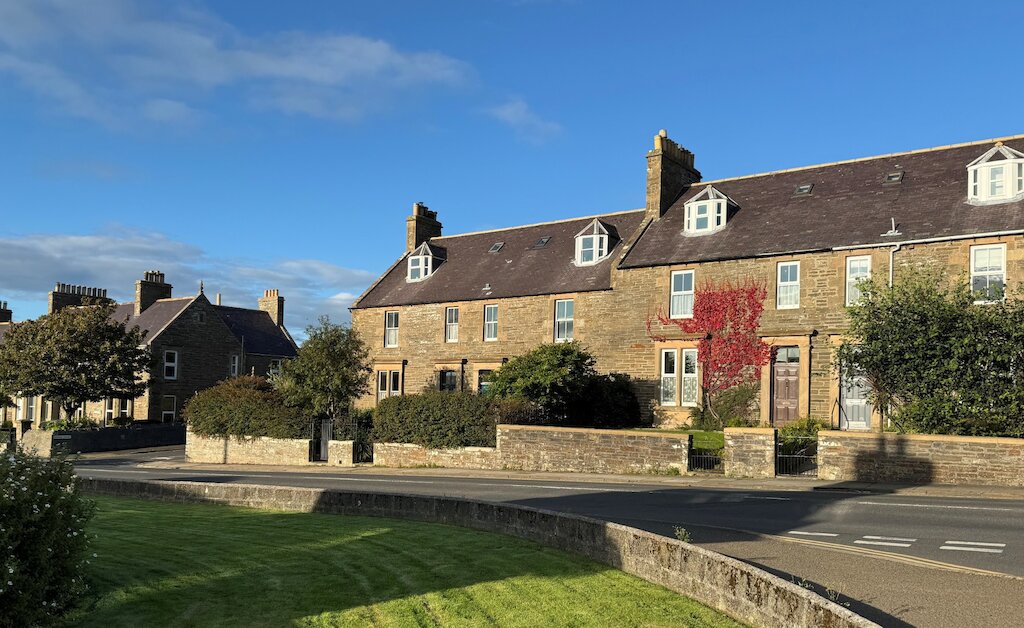I’ve made a Will years ago but my circumstances have changed, can I amend it now?
Yes, you may be able to amend it by way of a simple Codicil otherwise it may be as well to make an entirely new Will. Your Solicitor can advise.
Who gets to see my Will?
Prior to death a Will is an entirely personal confidential document and need not be divulged to anybody. After death a Will will usually be seen by Executors and in some cases beneficiaries. In Scotland after death a Will will often require to be lodged in the Sheriff Court as part of the Confirmation process.
How much does a Will cost and why can’t I just make my own one?
There is no fixed professional charge for Will preparation in Scotland and charges are a matter of negotiation. It is possible to do a “Do it yourself” Will, however, for the relatively low cost of getting a Will professionally prepared by a Solicitor we do not recommend going down the DIY route.
What happens if I’ve made a Will in Scotland but I die abroad?
Depending on where an individual is deemed domiciled at the time of their death determines the law which will govern the administration of their estate. A Will made in Scotland may still be valid even although the testator was not domiciled in Scotland at the time of their death.
What is Inheritance Tax?
Inheritance Tax is a “capital tax” which is levied across the UK. It is generally charged on transfers on death and on certain transfers made in the period up to seven years prior to death.
Is it better to give my estate away during my lifetime to my nearest and dearest?
There is no hard and fast answer and this depends on individual circumstances. Whilst lifetime giving can help to avoid Inheritance Tax it is important that individuals maintain sufficient means to support themselves and their families.
What is a Deed of Family Arrangement?
A Deed of Family Arrangement is a legal document where beneficiaries in an estate may agree to a different basis for distribution of estate than that set out in the Will. Deeds of Family Arrangement can often be legitimately used to help mitigate Inheritance Tax liability.
Solicitors have said that my relative’s estate must obtain Confirmation, what is that?
Confirmation is the Scottish equivalent of the English term “Probate”. In broad terms Confirmation involves the authority of the Court being given to Executors to ingather and distribute estate according to the terms of a Will.
What is a Power of Attorney and when should anybody make one?
A Power of Attorney is a document which allows a living person to make provision for somebody else to look after their affairs (including welfare, financial and property affairs) when they may be incapable of doing so themselves.





